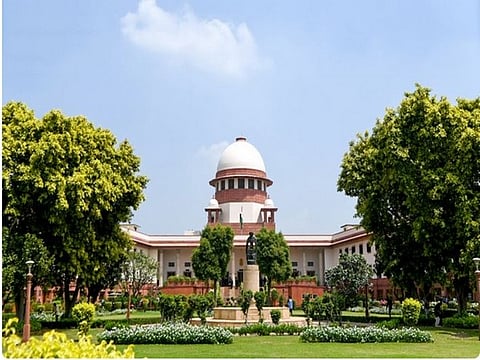

Today, Tuesday, November 5, the Supreme Court of India upheld the Uttar Pradesh Board of Madarsa Education Act 2004 and its constitutional validity. As a result, the judgement of Allahabad High Court which had struck it down, was set aside, as reported by LiveLaw.
However, the court did hold that when it comes to the act's regulation of higher education in relation to 'fazil' and 'kamil' degrees, this is in direct clash with the University Grants Commission (UGC) Act and to that extent, it was unconstitutional.
A bench led by Chief Justice of India (CJI) DY Chandrachud, including Justices JB Pardiwala and Manoj Misra, was hearing the petition which challenged the Allahabad High Court verdict.
The main contention of the petition was that the high court had misunderstood the act to have the aim of disseminating religious education rather than offering regulation schemes for Muslim children's education.
The bench said that the Madarsa Act provisions are reasonable as they promote the need for regulation and also protect the minority community's interest by regulating education standards, holding exams and granting certificates which allows them to pursue education.
It was in April that the Supreme Court had stayed the judgement of the high court.
